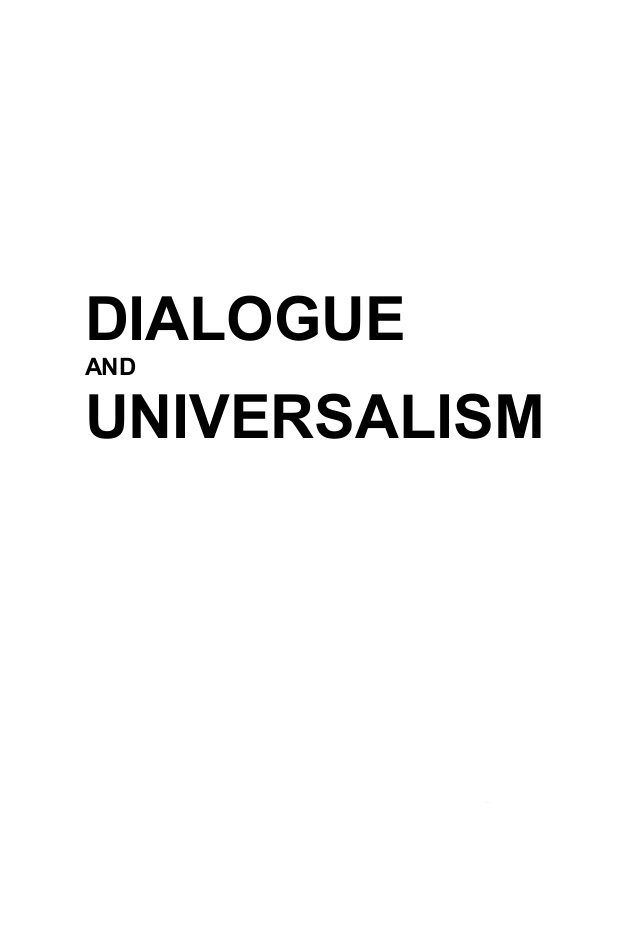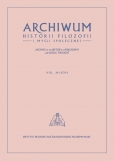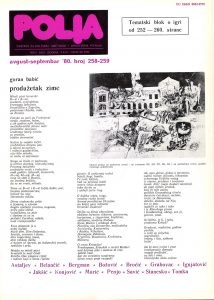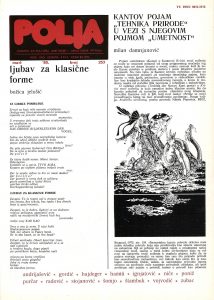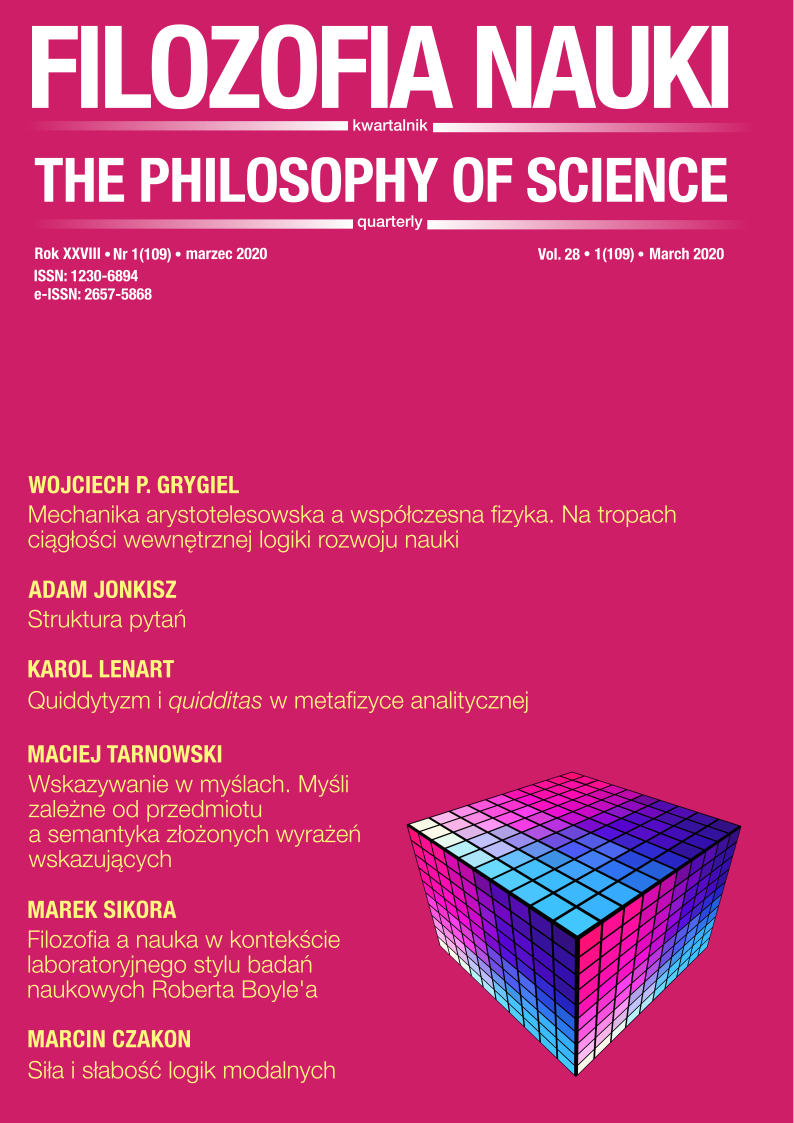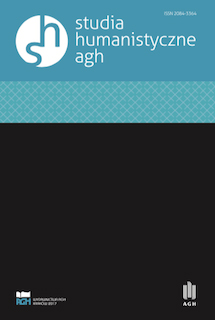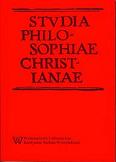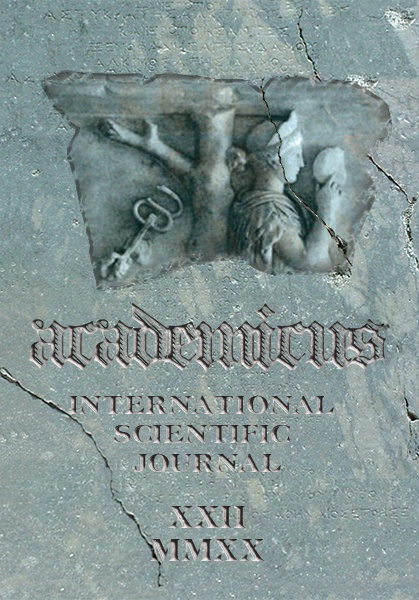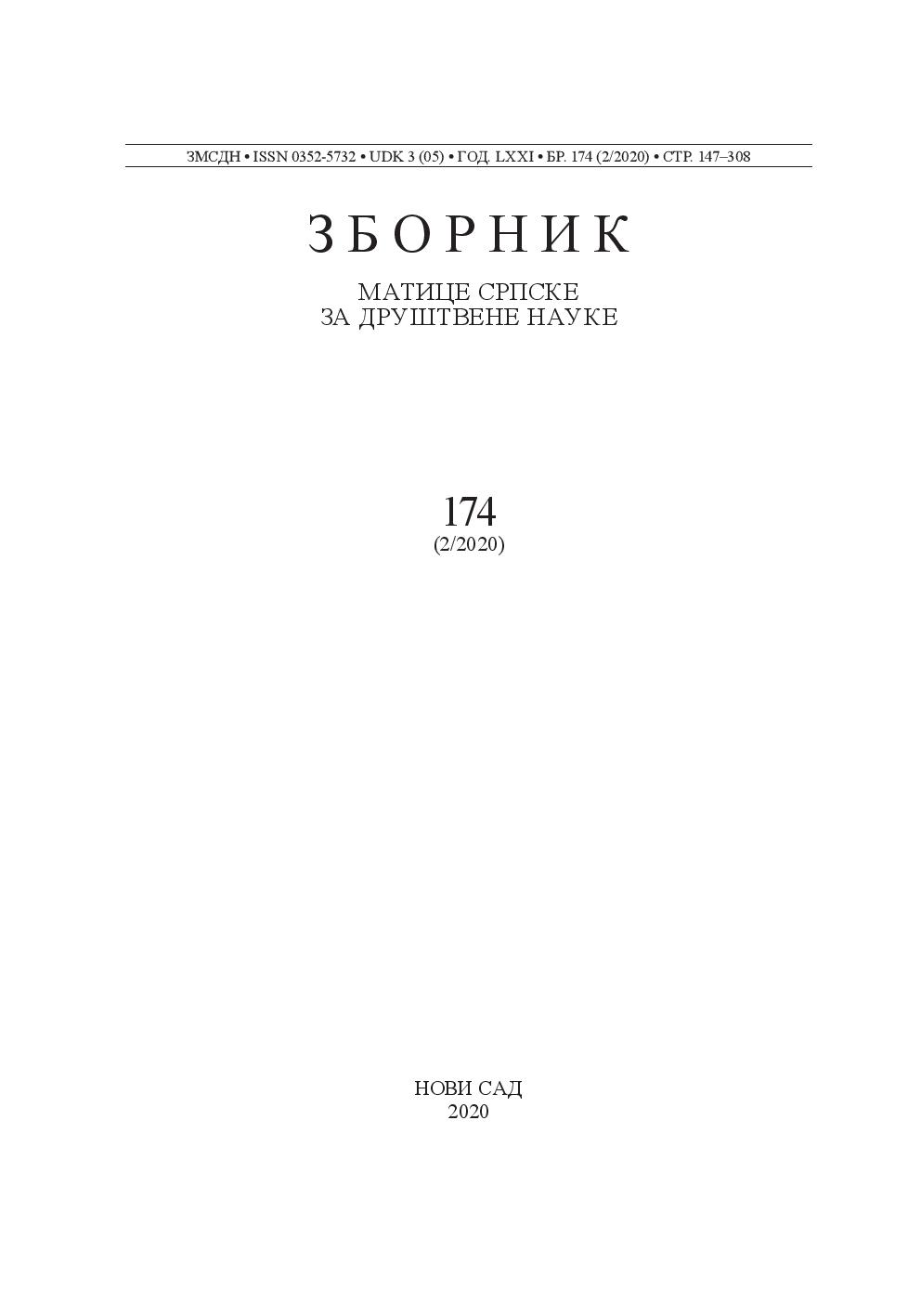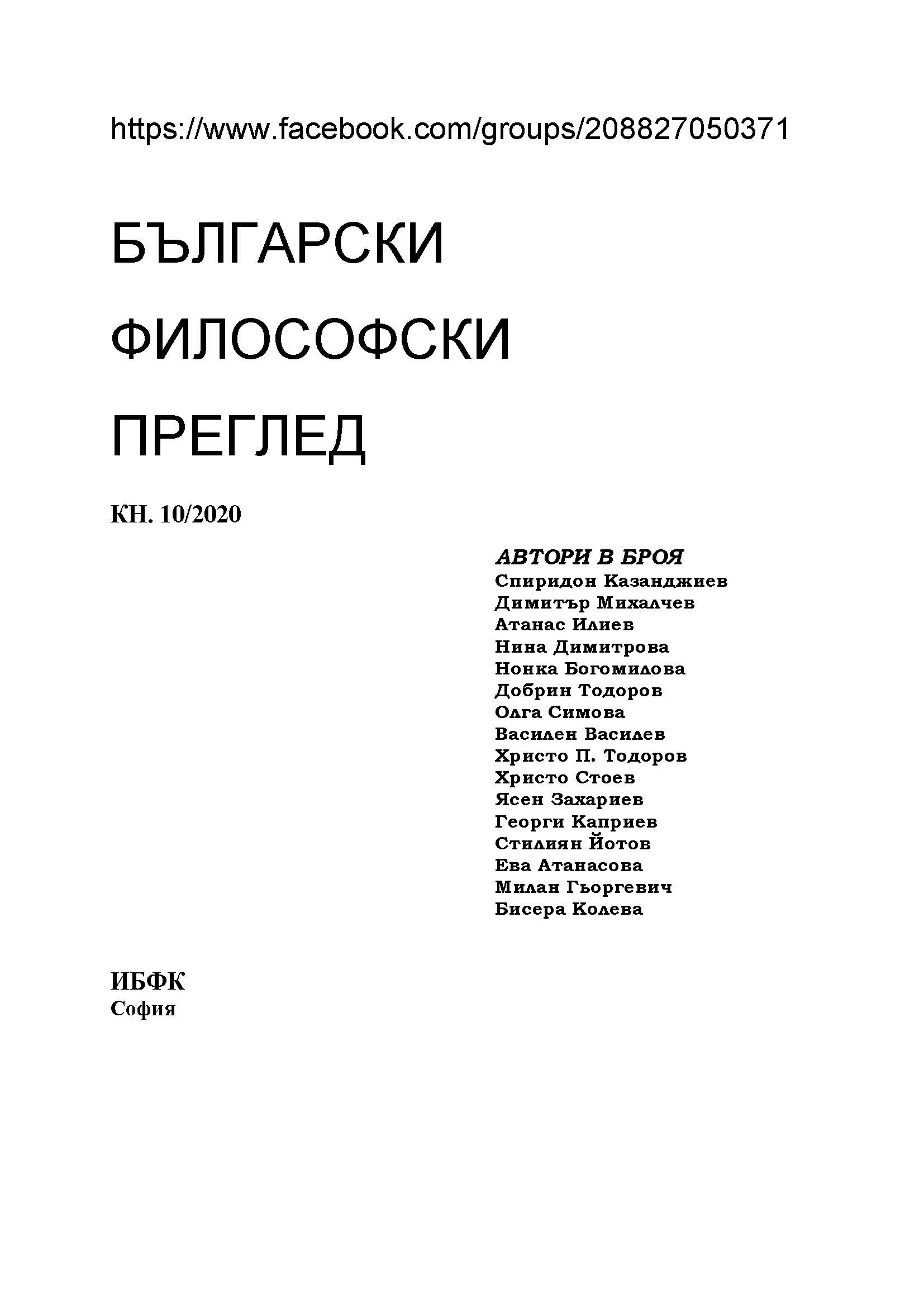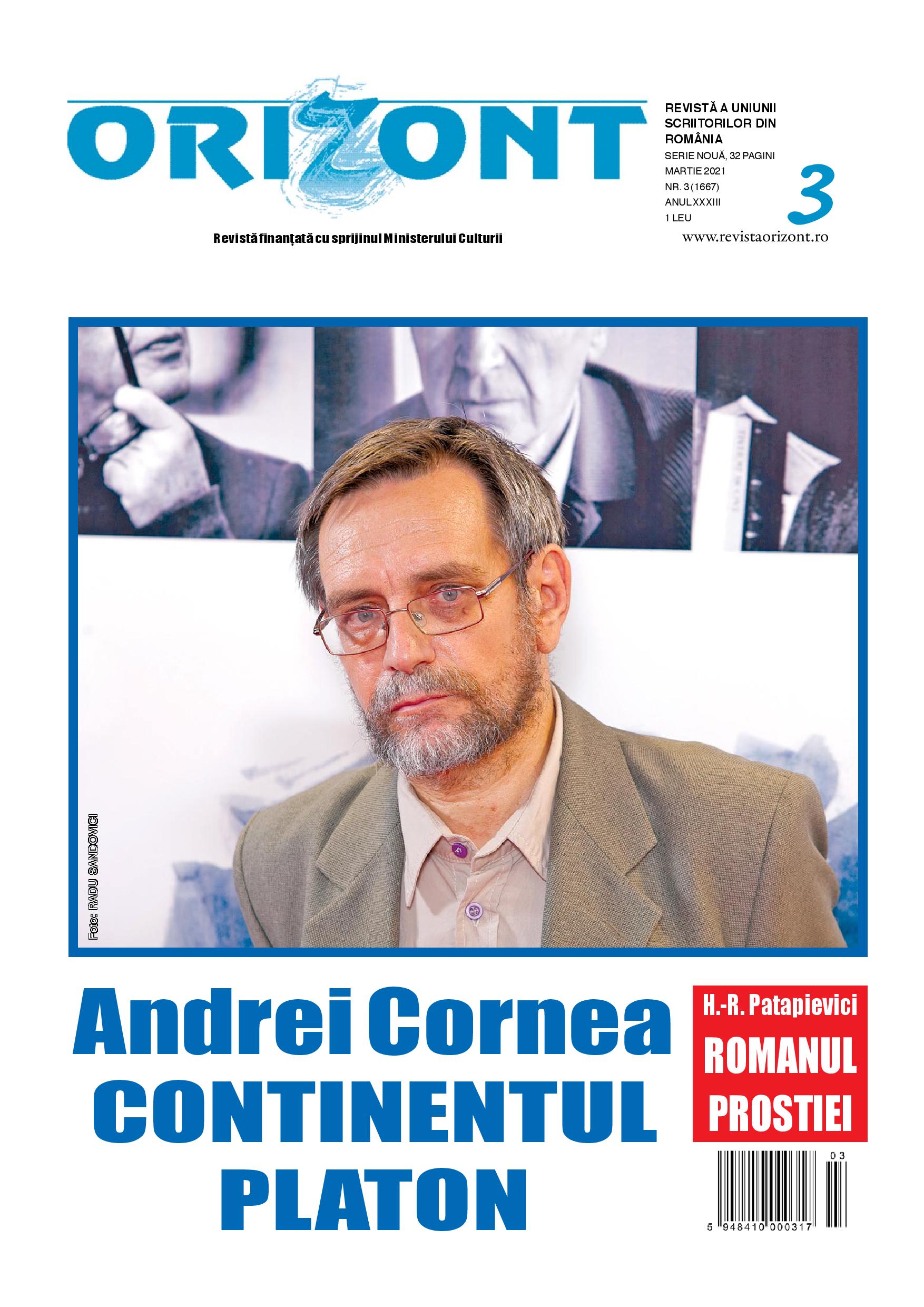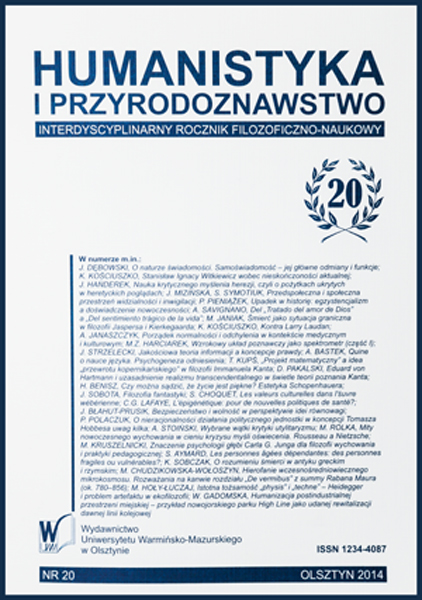
Epigenetyka: w kierunku nowej polityki zdrowotnej?
Niektórzy badacze zainteresowani zagadnieniami profilaktyki chcieliby propagować politykę zdrowotną o oparciu o najnowsze odkrycia z dziedziny epigenetyki. W niniejszej pracy rozważymy znaczenie bezpośredniego stosowania epigenetyki w zakresie polityki zdrowia publicznego. Następnie przeprowadzimy analizę możliwości jej zastosowania, biorąc pod uwagę argumentację wynikającą z ostrożności. Na zakończenie zbadamy to zagadnienie z perspektywy ochrony ludności. Zwrócimy również uwagę na proaktywne tendencje w epigenetyce. Wykażemy, że wyniki badań epigenetycznych podnoszą głównie kwestię odpowiedzialności politycznej, a mniej kwestię odpowiedzialności indywidualnej, przy czym ta pierwsza w mniejszym stopniu angażowała programy ukierunkowane na konkretne grupy społeczne wchodzące w skład społeczeństwa, ze szczególnym uwzględnieniem nierównego podziału obciążeń socjalnych.
More...
